Former Roland Garros champion Adriano Panatta claims Carlos Alcaraz is solely responsible for his recent physical setbacks, which forced him to withdraw from the Madrid Open.
Carlos Alcaraz’s withdrawal from the Madrid Open has sparked conversation, with the young Spaniard citing lingering muscle issues from the Barcelona Open, where he fell to Holger Rune in the final. While many sympathize with Alcaraz’s demanding schedule, Adriano Panatta, a former World No. 4 and Roland Garros champion, believes the blame lies squarely on the player’s tournament planning.
At a press conference announcing his withdrawal, Alcaraz shared the details of his injuries. “During the Barcelona final, I hurt the adductor muscle in my right leg, but I also felt something in the hamstring of my left leg,” Alcaraz explained. “We’ve tried everything to improve, but it hasn’t been possible. We’ve discussed with the team whether I could play safely, but we have to listen to our bodies”.
The Barcelona final marked Alcaraz’s 10th match in 12 days, raising questions about the toll on his body. Interestingly, during the tournament, Alcaraz had expressed a preference for the old one-week format for Masters 1000 events, as opposed to the extended two-week format adopted by several tournaments. “The one-week ones are better. Some will think that in two weeks there are days of rest, but that is not the case,” Alcaraz remarked.
Amid these concerns, Panatta, speaking on the Italian show La Domenica Sportiva, offered a contrasting viewpoint, pointing to Alcaraz’s packed schedule rather than the tournament format.
“I read that the Spaniard complains about the Masters 1000 that last two weeks, but let’s look carefully at his program,” Panatta said. “After Monte Carlo, he went to Barcelona, then he [was planning to] do Madrid, Rome, and Paris without interruption. These guys never stop. Let’s think about it: is it a calendar problem or a programming problem because he always plays?”
Panatta urges focus on Grand Slams
In light of Alcaraz’s situation, Panatta emphasized the importance of prioritizing Grand Slam events. He suggested that top players should focus their efforts on the four Grand Slam tournaments (Australian Open, Roland Garros, Wimbledon, and US Open) and a selective schedule of seven to eight Masters 1000 events.
“I think that the goal for tennis players at this level should be the four Grand Slam tournaments and then another seven to eight important tournaments among the various Masters 1000,” Panatta explained. “They should focus only on those”.
Panatta also argued that even the fittest players cannot sustain peak performance across every tournament without facing injury risks. “You can’t always play, and you can’t do every tournament at your best. Not even someone like Alcaraz, who has an incredible physique, can do it. Furthermore, these players get hurt often, and it happens because they hit too hard and move at incredible speeds,” he added.


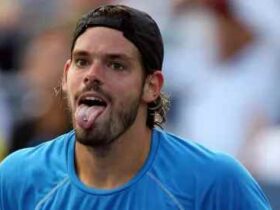
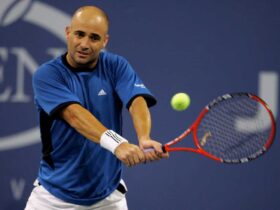
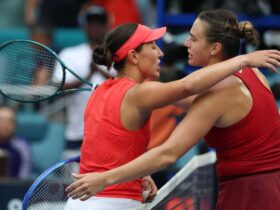

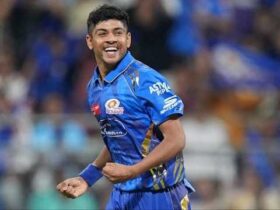

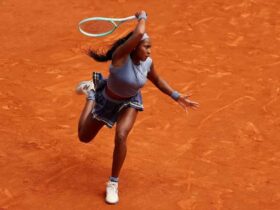
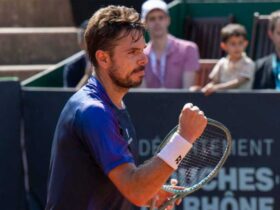

Leave a Reply